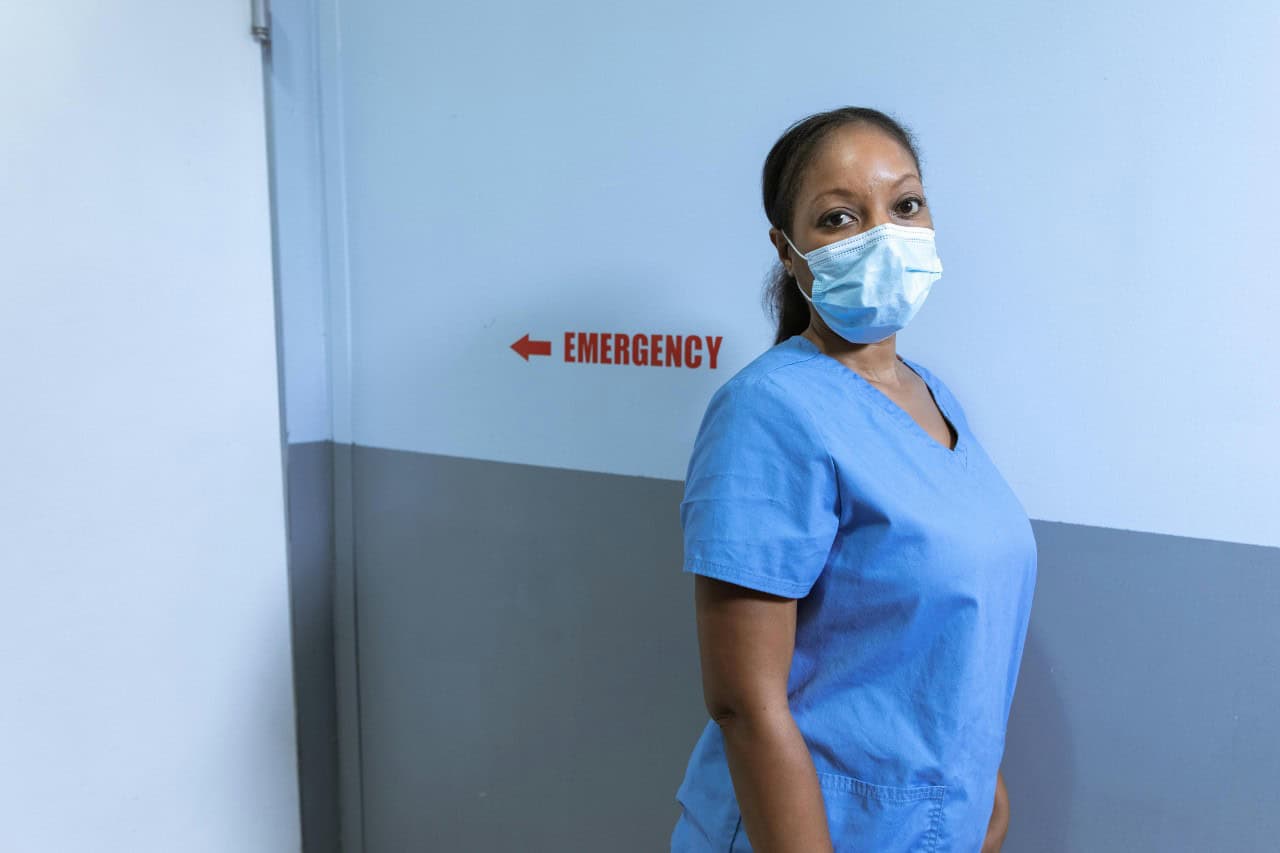The partnership between Koblenz University of Applied Sciences and Kenya’s Mount Kenya University, which piloted over 2023 and 2024, has slowed because few candidates meet the required language skills.
Further, a lack of training and test facilities in Kenya remain a key challenge for attaining the target, but could be boosted by an expanded number of apprenticeships on offer in the upcoming intake in March 2025.
“Right now, we have more slots available at hospitals in Germany than candidates with sufficient German language skills. Again, the language training is the bottleneck, not the demand in Germany or the capacity of our program, said Christian Lebrenz, Ensuring A Sustainable Pool of Nursing Professionals program leader.
“For the foreseeable future, the bottleneck for scaling up is the number of candidates that have sufficient German language proficiency (B2). Language training and test facilities in Kenya both remain the key constraints for scaling up,” he explained.
So far, the program had only managed to successfully take on the initial 13 students that are currently training in Germany, he added. This was out the possible 60 the initiative had targeted to recruit in the initial and pilot cohort in 2022.
“The numbers are still small, but more important than the numbers is the fact that these students are doing very well. The hospitals are very satisfied with these students and the students are integrating well into life in Germany,” Lebrenz told The PIE News.
The fact that the initial cohort had settled well in Germany was proof that their concept of “careful selection”, intensive preparation in Kenya, sending people in groups rather than individuals was a success, said Lebren.
He noted the partners were “systematically” supporting the students while they are in Germany to help them integrate as fast as possible. It is very important to consider not only the steps to get the students to Germany but also to assist the students while they are in Germany, he explained.
“We are moving from pilot to regular running of the program. New for the current intake is that we are both expanding the number of hospitals partnering in Germany as well as adding senior citizens homes to our partners.
“Furthermore, we are expanding the number of professions that we are including in our programme,” he explained. These included surgical assistants and medical technologists for radiology besides the initial nursing apprenticeship.
In future, Lebrenz disclosed, employers will also cover the cost of the pre-departure training at the Kenyan university, a development he noted had the potential to make the program more attractive to students.
In this year’s call, students must Kenya Certificate of Secondary Education (KCSE) with a minimum of C (Plain), and if an applicant holds a B2-level proficiency in German, lower KCSE grades may be considered – a sign of the yawning deficiency of German proficiency in Kenya and East Africa.
Applicants will undergo a two-step aptitude test conducted online by program partner Arbquest Befragungssysteme, based in Germany. The age limit has been set at 29 years, while the duration for the preparatory certificate course will be 14 weeks.
While there are still plans to extend the program to other East African countries, the focus is still on Kenya, mainly due to the fact that the program is still limited to apprenticeships in the medical field, the Lebrenz explained.
Once we are including further professions, we will be moving to other countries in East Africa
Christian Lebrenz, Ensuring A Sustainable Pool of Nursing Professionals
“Under WHO regulations, we cannot take applicants from other East African countries. Currently, Kenya is the only country in East Africa where it is possible to recruit medical staff. Once we are including further professions, we will be moving to other countries in East Africa,” he added.
At conception in 2022, the choice of recruiting from East Africa was based on the analysis of the population size, GDP per capita, demographic dynamics and the education system.
Based on these factors, chances of finding a “sufficiently large pool” of people interested in working in Germany were deemed very favourable, Lebrenz told The PIE in 2022.





